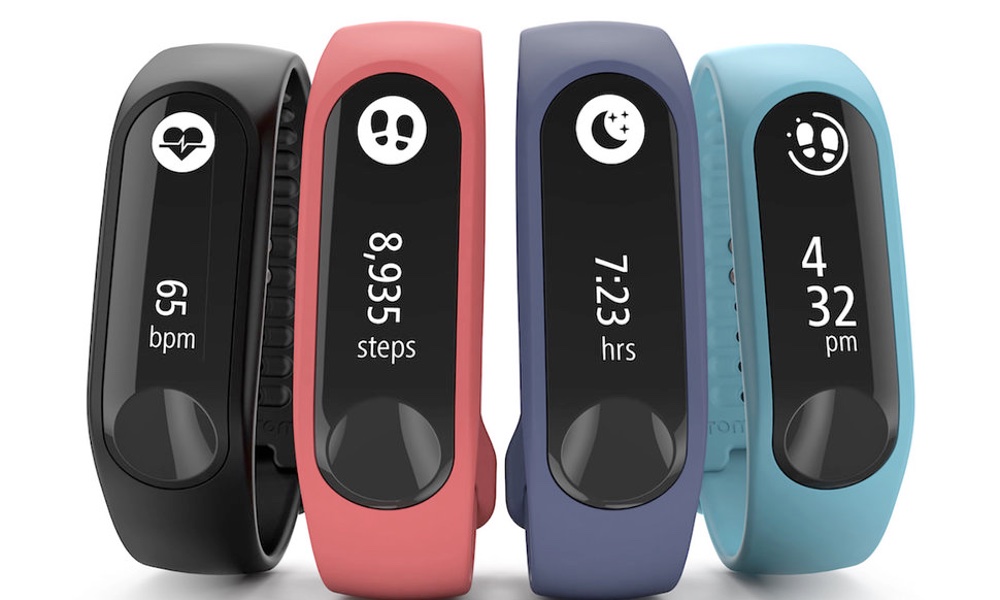It's no secret that too many people are getting too little sleep. The problem is often worse in summer. Longer days mean more daylight, and nights are often hot and sticky or stuffy and air conditioned, all making getting a good night's sleep even more difficult in the dog days of summer.
Getting a good night's sleep can also be harder if you work odd shifts or work from home and take a 24/7 lifestyle a little too far, staying up into the wee hours when they should be asleep.
Improving your sleep is not difficult. Sleep is a habit, one your body needs you to cultivate. Improve your sleep habits, and you will improve your sleep. When people make a few simple lifestyle changes and give sleep a chance, they sleep better.Alcohol does bring on sleep, but it is not restorative sleep.
Most of us don't drop off to sleep at the snap of a finger, but people who fall asleep more easily usually have a pre-bedtime routine that prepares them for sleep.
If you start the ball rolling hours before you actually go to bed, you can avoid tossing and turning all night. Begin by making a habit of a few simple pre-sleep rules:
- Establish a regular bedtime, one that gives you six to seven hours of sleep a night.
- Don't eat at least two to three hours before bedtime. Your stomach needs to sleep too. “If you have to have something, try a small cup of hot chamomile or other decaffeinated tea,” Ashley Barrient, a registered dietitian who counsels patients at the Loyola Center for Metabolic Surgery & Bariatric Care said in a statement. Eat your biggest meal earlier in the day. Sleeping more is a great way to eat less.
- Avoid drinking alcohol and caffeine for several hours before bedtime. “Alcohol does induce sleep, but it is not restorative sleep,” according to John Wilson, MD, a neurologist at Loyola's Gottlieb Memorial Hospital who works in the Sleep Lab there.
- Don't exercise close to bedtime. Here's the one time you can skip exercising with a clear conscience. How can you expect to get to sleep when your body's all keyed up?
- Slow down and do something to relax as the hours grows later.
Start winding down at least one hour before bedtime. That's also a good time to stop using electronic devices, including watching TV and is especially important for any electronic device that gives off blue light, such as computers, tablets and some e-readers. Blue light lowers the amount of melatonin the body makes, and a person's body needs a build-up of melatonin to go to sleep.
“The need to text and email is a real problem for many when it comes to sleep,” according to Omar Hussain, DO, a Gottlieb pulmonologist who is board certified in Sleep Medicine. If you've been known to wake up in the middle of the night and start sending texts or playing electronic games, put your cell phone and other handheld devices in another room before going to bed, just to take away the temptation.
It should go without saying — you won't sleep well if you're all hot and bothered. Spend some time making sure your bedroom or sleep area is dark and quiet. If noise is a problem, use a sound machine to generate white noise or the sound of rain or ocean waves.
You don't need satin or 600 thread count sheets, but you do need sheets and bedclothes that are comfortable. A decent mattress is also worth the investment if you find yours is a problem.
Heat is another reason to keep electronics out of the bedroom. Older devices in particular may give off enormous amounts of heat, heat that during the summer will linger all night long.
Finally, before getting into the bed go to the bathroom. Getting up in the middle of the night because you need to go is a complaint of many, especially the elderly. No matter the cause, going right before bedtime gives you the best chance to avoid these nighttime excursions. It's also a good reason to avoid drinking close to bedtime.If you tend to end the day obsessing over things that went wrong or concern you, spend a few minutes writing them down.
Bedrooms work best when they're primarily used for sleep. You'll sleep better in a bedroom designed for sleeping, not for playing video games or doing work. Entering it should be part of the signal you send to your body that it is time to get some rest.
Even if you live in a small apartment and have no choice but to make your bedroom (if you even have one) multi-functional, keeping the sleeping area as sleep-focused as possible is still the way to go. Pulling out your futon, sofabed, or Murphy bed can also be part of a good nighttime routine.
Even with a good routine and sleep habits in place, other disturbances may creep in.
Pets Some people just don't feel right without a dog or cat to cuddle up with. "Pets may be comforting and companionable, but if they move in the night and make noise, they disturb sleep,” Wilson said. If your pet's noise, smells or allergies are ruining your slumber, find a way to move it out of the bedroom.
Worries If you tend to end the day obsessing over things that went wrong or concern you, spend a few minutes writing them down. “Jot down worries, future errands or simply what is on your mind before bed,” Barrient said. This helps you feel more in charge of your anxieties and organizes your thoughts in a way that helps prepare for sleep.
Medications If you think medications you are taking might be interfering with your sleep, talk to your physician about changing your pill dosing schedule.
Partners' Sleep Problems If your partner's snoring or Sleep apnea keeps you up, medical devices can help. “Often it is the partner of the person with sleeping troubles who cannot stand the snoring or the irritability and issues an ultimatum for the person to get help, ” Wilson said. “
When one person has a chronic sleep disorder, the whole family suffers.”
It may take a few weeks for your body to acclimate itself to your new habits and start sleeping better. Don't panic if you don't see results immediately. It can take the body a while to adjust to a new rhythm.




